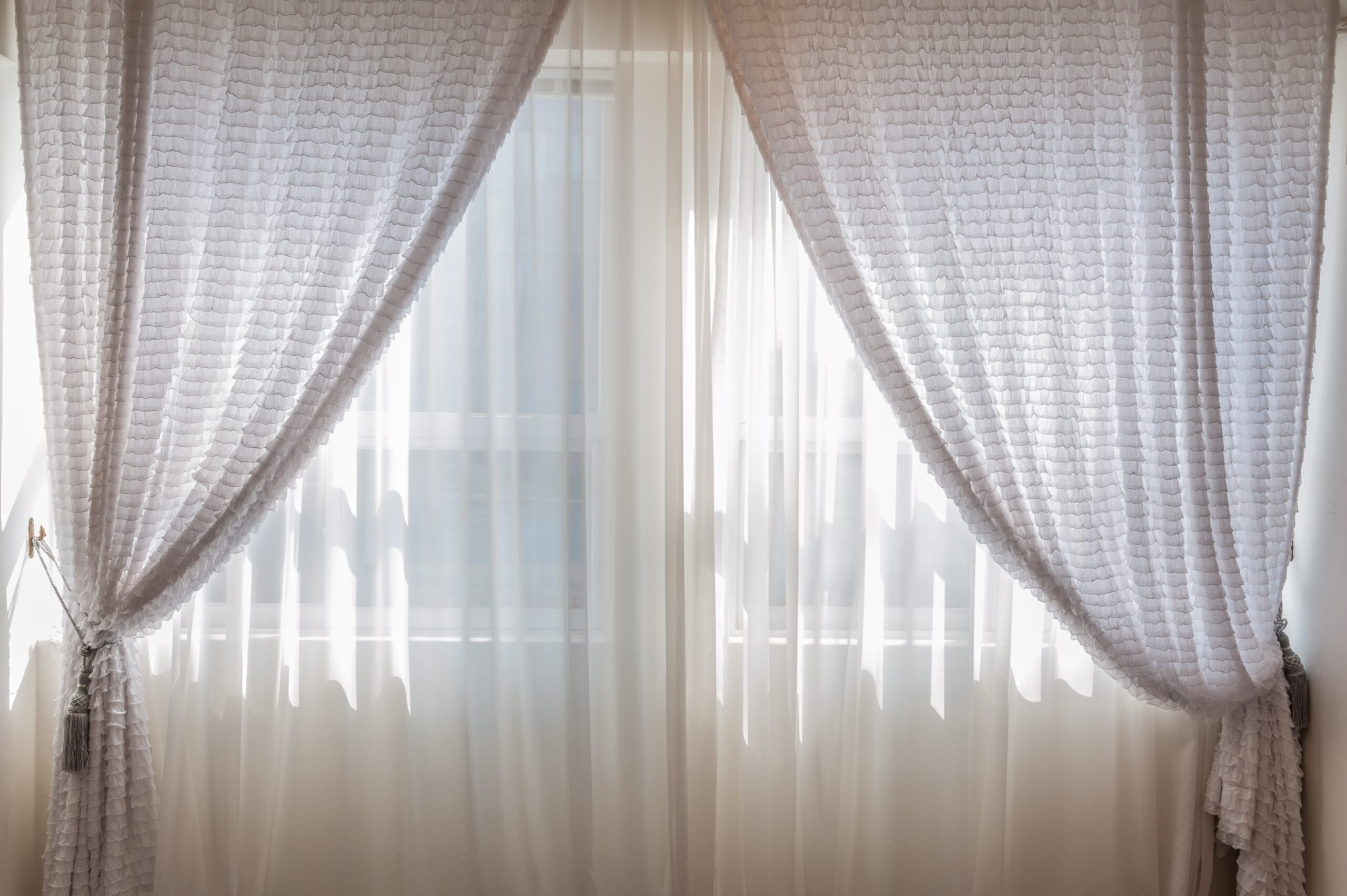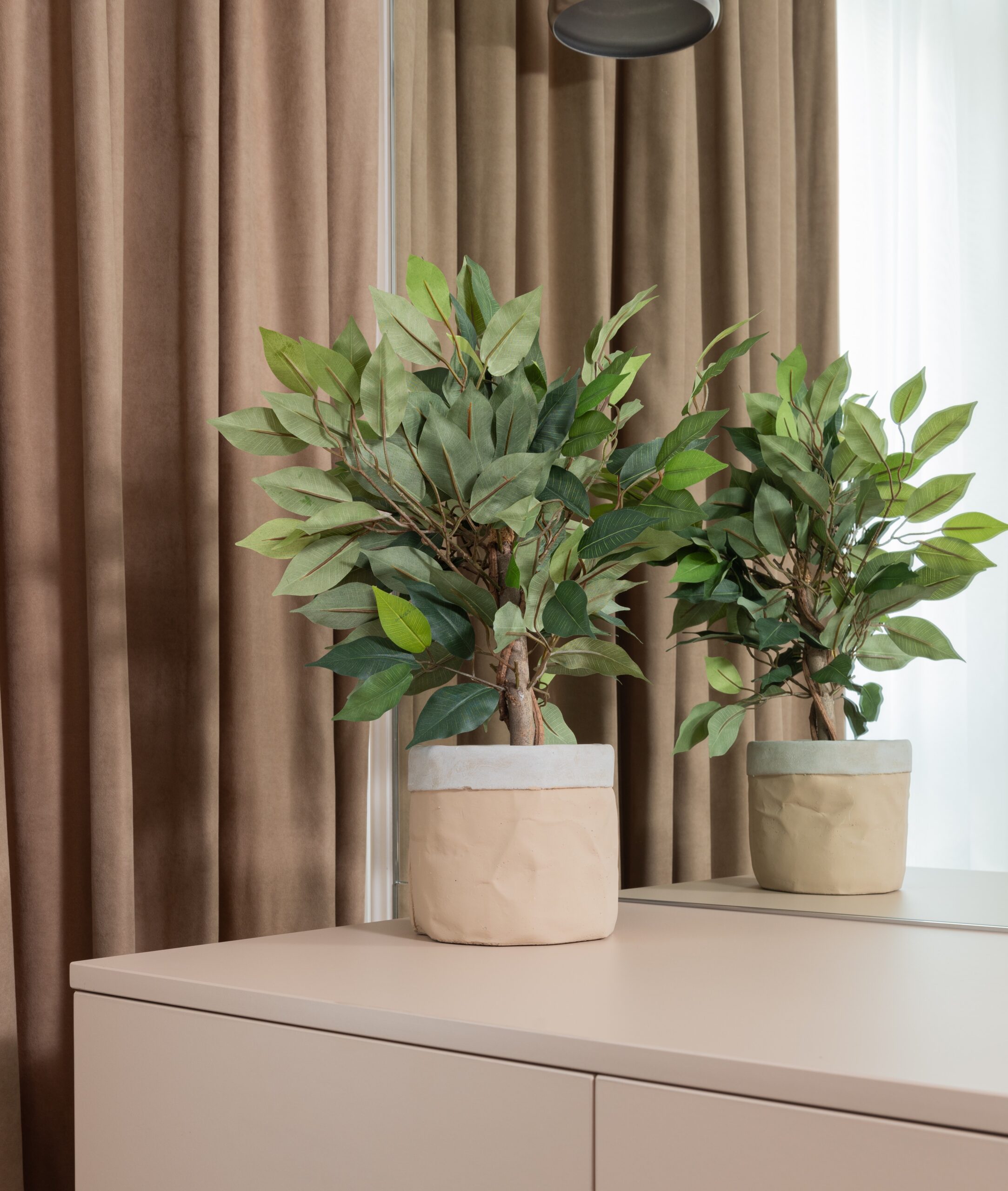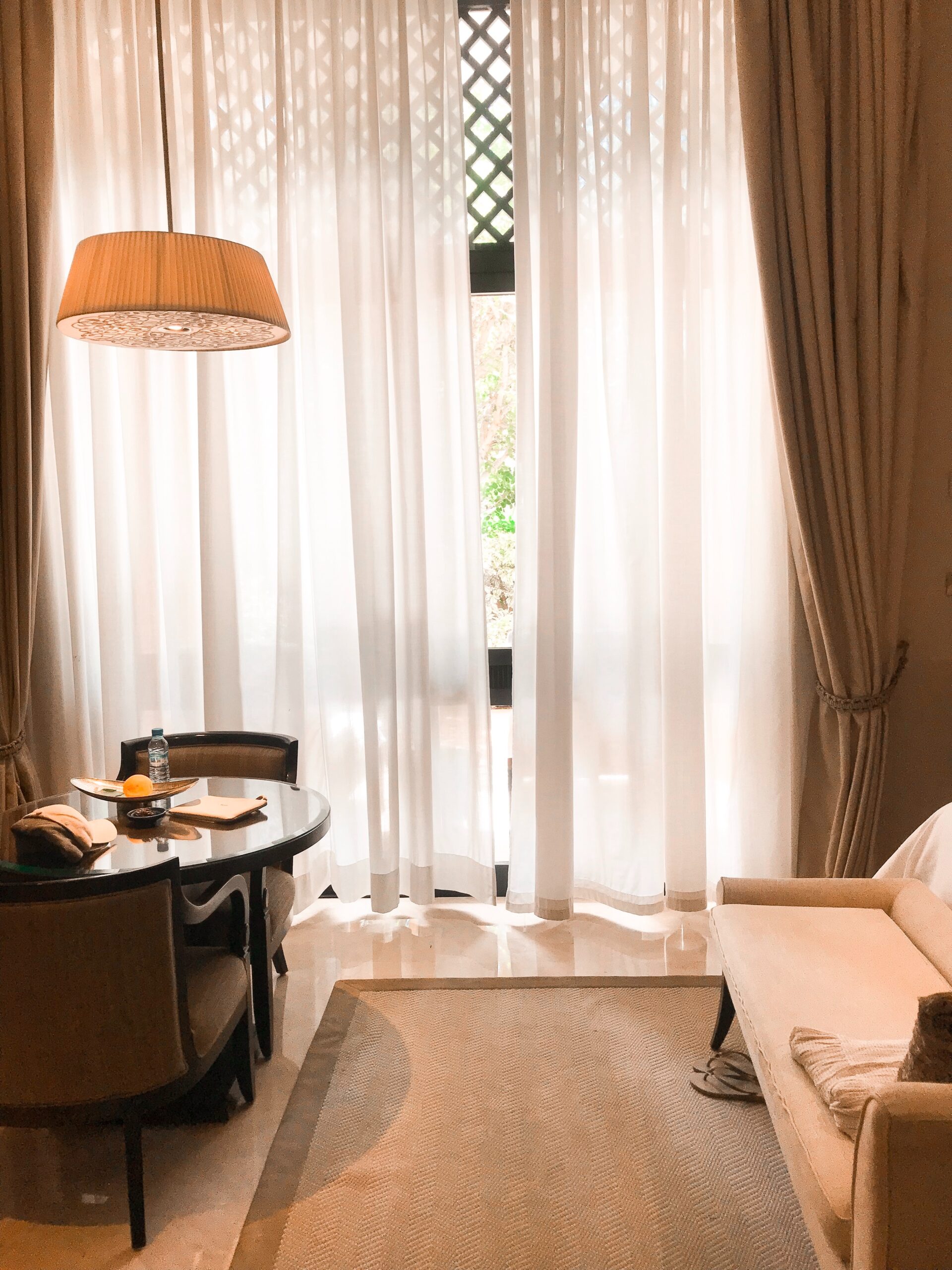The Impact of Dirty Carpets on Indoor Air Quality
Why Regular Carpet Cleaning is Essential for Allergy Sufferers
Allergies can significantly impact the quality of life, causing symptoms like sneezing, itching, and breathing difficulties. While many allergy sufferers focus on reducing outdoor allergens, indoor allergens are just as important to address. One of the most common sources of indoor allergens is carpets. This article explores why regular carpet cleaning is crucial for those with allergies and how it can help create a healthier living environment.
The Hidden Culprits in Your Carpet
Common Allergens Found in Carpets
Carpets can harbor a variety of allergens that trigger allergic reactions. These include:
- Dust Mites: These microscopic creatures thrive in warm, humid environments and feed on dead skin cells. Their droppings are a major allergen.
- Pet Dander: Pets shed skin flakes, which can become trapped in carpet fibers.
- Pollen: Pollen from outside can be tracked indoors and settle in carpets.
- Mold Spores: Moist environments can lead to mold growth in carpets, releasing spores into the air.
- Bacteria and Viruses: Carpets can also hold bacteria and viruses, contributing to poor indoor air quality.
The Impact of Dirty Carpets on Allergy Sufferers
Aggravated Symptoms
For allergy sufferers, dirty carpets can mean constant exposure to allergens. This can lead to:
- Persistent Sneezing and Coughing: Allergens in carpets can cause continuous irritation.
- Watery Eyes and Runny Nose: Constant exposure to allergens can lead to chronic symptoms.
- Asthma Attacks: For those with asthma, dirty carpets can trigger frequent asthma attacks.
Reduced Air Quality
Carpets that are not regularly cleaned can reduce the overall air quality in your home. When you walk on dirty carpets, allergens are released into the air, leading to increased exposure and aggravated symptoms.
The Benefits of Regular Carpet Cleaning
Allergen Reduction
Regular carpet cleaning significantly reduces the number of allergens in your home. Professional carpet cleaners use equipment and methods that reach deep into carpet fibers to remove dust mites, pet dander, pollen, and other allergens.
- Deep Cleaning: Professional cleaners use high-powered vacuums and steam cleaning to remove allergens embedded in carpet fibers.
- HEPA Filters: Some professional vacuums are equipped with HEPA filters that capture tiny particles, preventing them from being released back into the air.
Improved Air Quality
Clean carpets contribute to better indoor air quality. By removing allergens and other contaminants, you can breathe easier and reduce allergy symptoms.
- Less Dust and Debris: Regular cleaning removes surface dust and debris that can become airborne.
- Fewer Mold Spores: Professional cleaning helps to prevent mold growth in carpets, reducing the number of mold spores in the air.
Extended Carpet Life
Regular cleaning not only improves air quality but also extends the life of your carpets. Dirt and allergens can wear down carpet fibers over time. Keeping your carpets clean helps maintain their appearance and durability.
How Often Should You Clean Your Carpets?
High-Traffic Areas
For high-traffic areas, such as living rooms and hallways, carpets should be professionally cleaned every 3-6 months. Regular vacuuming is also essential to keep these areas free of allergens.
Bedrooms and Low-Traffic Areas
Bedrooms and other low-traffic areas can be cleaned every 6-12 months. However, if you suffer from severe allergies, more frequent cleaning may be beneficial.
Homes with Pets
If you have pets, consider cleaning your carpets more frequently, around every 3-6 months, to reduce pet dander and hair.
DIY vs. Professional Cleaning
DIY Cleaning
While regular vacuuming is important, it’s not enough to remove deeply embedded allergens. DIY carpet cleaning machines can help, but they often lack the power and efficiency of professional equipment.
Professional Cleaning
Professional carpet cleaners have the tools and expertise to effectively remove allergens. They use high-powered vacuums, steam cleaning, and other methods to ensure a deep clean.
- Expertise: Professional cleaners know how to handle different types of carpets and stains.
- Advanced Equipment: They use equipment that reaches deep into carpet fibers to remove allergens.
- Convenience: Professional cleaning saves you time and ensures a thorough job.
Tips for Maintaining Allergy-Free Carpets
Regular Vacuuming
Vacuum your carpets at least once a week using a vacuum with a HEPA filter to capture small particles.
Use Area Rugs
Place area rugs in high-traffic areas. They can be easily cleaned and help protect your carpets from dirt and allergens.
Control Humidity
Keep humidity levels in check to prevent mold growth. Use dehumidifiers if necessary, especially in damp areas.
Clean Spills Immediately
Address spills and stains immediately to prevent mold and bacteria growth. Use appropriate cleaning solutions to clean up messes.
Conclusion: Invest in Your Health
For allergy sufferers, regular carpet cleaning is not just about aesthetics; it’s about health. By keeping your carpets clean, you can reduce allergens, improve air quality, and create a more comfortable living environment. Whether you choose to clean your carpets yourself or hire professionals, the key is consistency. Make carpet cleaning a regular part of your home maintenance routine and breathe easier knowing you’ve taken steps to protect your health.



Contact Us
Our team of experienced and certified technicians will work diligently to clean every nook and cranny of your carpets, leaving them refreshed and looking like new again. In addition, we also offer a wide range of other services such as upholstery cleaning, pet stain removal, and more.
